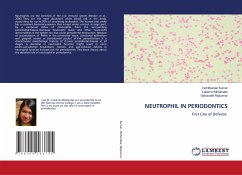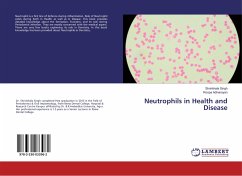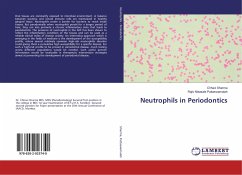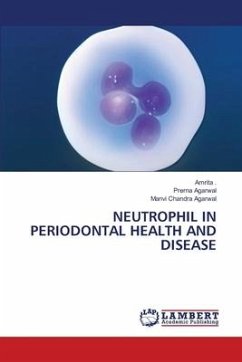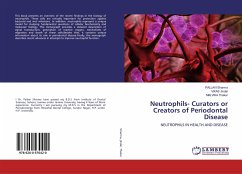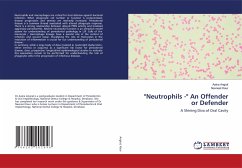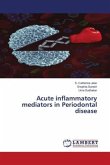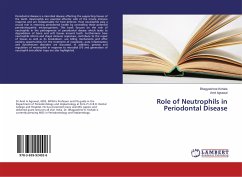Neutrophils are the sentinels of the oral immune system (Bender et al., 2006). They are the most abundant white blood cell in the body, accounting for up to 70% of circulating leukocytes. The human oral cavity has a constant bacterial presence that is kept under control, in large part, by a continual influx of neutrophils from the surrounding periodontal tissues. Decrease neutrophil levels and other neutrophil abnormalities in the system can also cause periodontal destruction. Because of accumulation of PMNs in the connective tissue, junctional epithelium and gingival crevice or periodontal pocket of the periodontium is a characteristic morphologic feature of chronic periodontal disease at all stages. A decrease in neutrophil function might result in more severe periodontal breakdown. Genetic and age-induced defects in neutrophil function increase risk for periodontitis. This book discuss about the detailed role of neutrophil in periodontics.
Bitte wählen Sie Ihr Anliegen aus.
Rechnungen
Retourenschein anfordern
Bestellstatus
Storno

